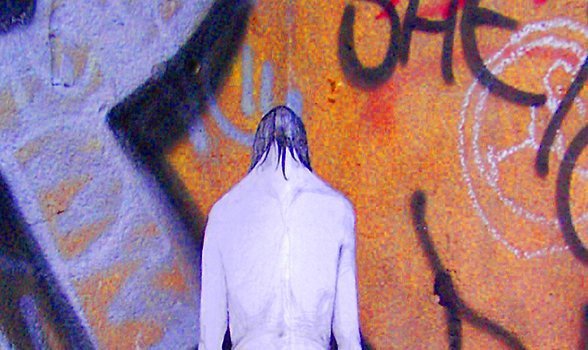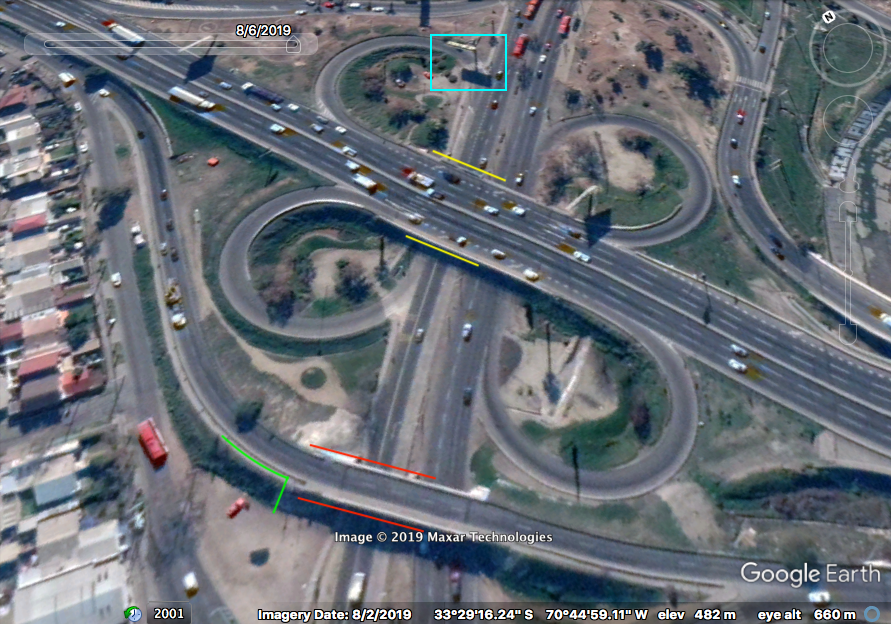A few summers ago, @thinkplay and I were swimming in the Frio River in Texas. It was a beautiful sunny day. There were a hundred or more people hanging out on the river. (Photo: Shame by Steffen Sameiske) /1

“What are you, a girl? You’re just a scared girl!”
When the boy above heard this, his expression shifted from fear to total despair. /6
We began yelling encouragement to the boy above, but it seemed to only make him more aware of how public this humiliation had become. /13
To begin with, the boy in the water, the boy who taunted the kid on the rock, was clearly taking pleasure in employing shame. It was a glory moment for him. /18
Once we have been trained to be ashamed of ourselves, we don’t need active confirmation from others. We supply it on their behalf. /26





